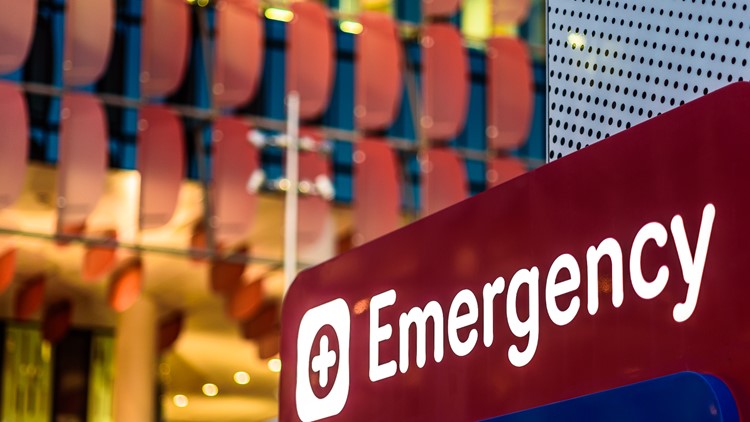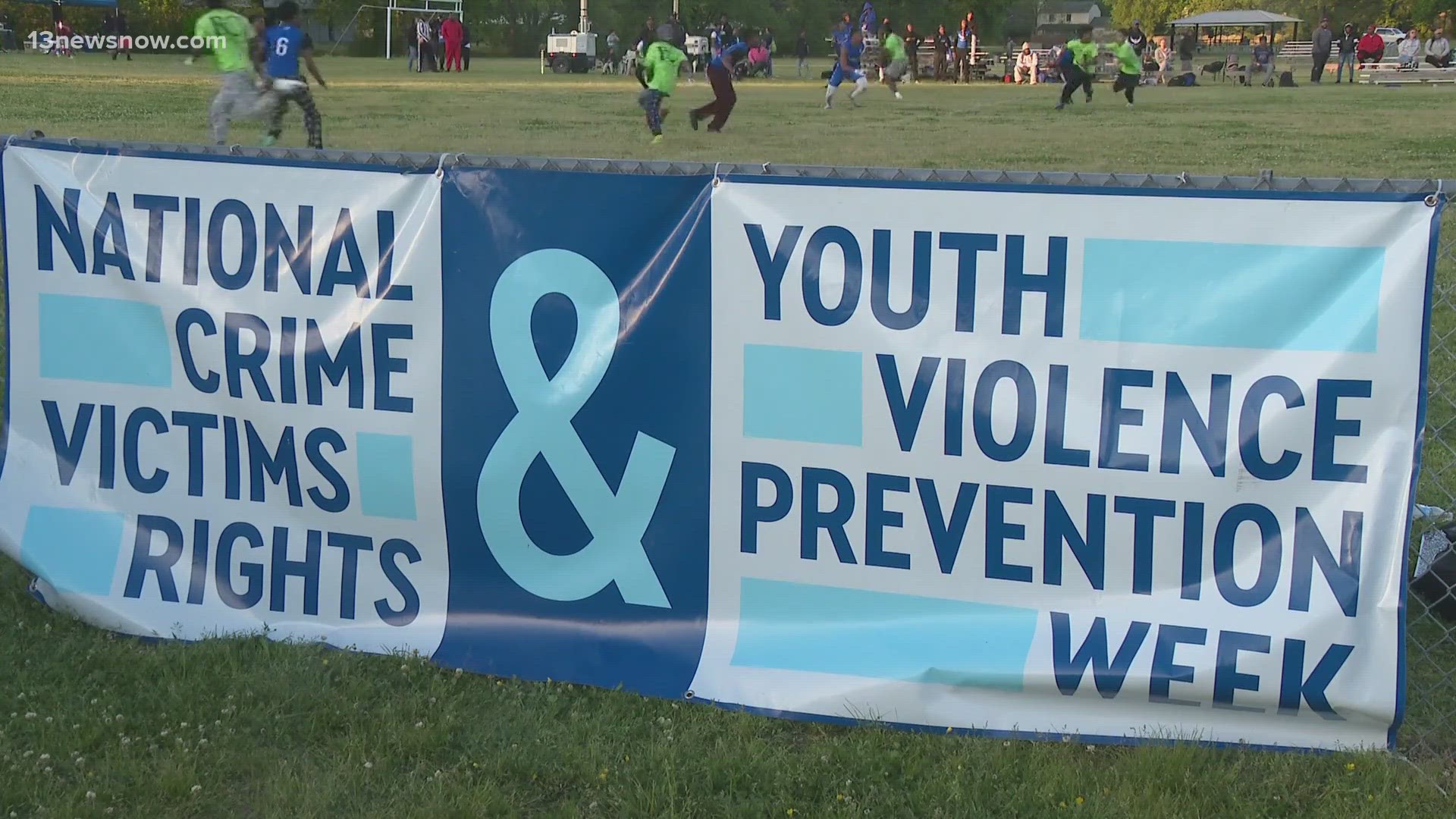NORFOLK, Va. — In the U.S. almost 57,000 people are currently hospitalized with COVID-19 and more than 700,000 Americans have died from the virus.
So, what is it about this virus that has killed so many people?
Darla Grese has been traveling around the U.S. as a respiratory therapist during the pandemic.
She’s seen the worst of COVID-19 in places like New York, Virginia and Maryland.
"There is nothing that can prepare you to walk into a COVID ICU," Grese said. "I can't imagine I'm the only one that still relives that or thinks about those days. Probably will think about that for the rest of my life."
She says she’s lost more patients than she’s been able to save.
"We promise them that we’re going to do our best to help them overcome this. Sometimes we’re not successful. A lot of times we’re not successful."
She says when your body is operating normally, air flows through the nose, into your mouth and down through the airways.
Those airways lead to small clusters of air sacks in the lungs called alveoli. That’s where oxygen passes from the lungs into the bloodstream and into the vital tissues in our body.
Finally, carbon dioxide is breathed out.
But, when you have COVID-19, the virus affects those cells along the airways.
She says the immune system plus the virus plus the inflammation caused by COVID-19, causes the alveoli to scar, stiffen or fill with fluid.
When that happens, oxygen can’t pass through the lungs into the bloodstream.
She adds that inflammation, when you’re sick, is normal.
Cytokines, or small proteins that control inflammation, are meant to be released in this stage.
But with COVID-19, they get kicked into overdrive.
"That’s where things become dangerous," Grese says.
The most severe cases create an aggressive inflammatory response, with too many cytokines. That causes our body to fight against itself instead of the virus.
"Come to find that’s really why a lot of our patients died was that overstimulation of the immune system."
Grese says once patients reach the stage where they need to be put on a ventilator, more often than not, they don’t make it out alive.
She says at that point, the patient's oxygen level is so low that it's very difficult to overcome.
That is why she says it is vital to seek help as soon as you start having shortness of breath.
Grese says there is some good news. Doctors now have a better understanding of how to treat this virus than they did over a year ago.
Still, about 90% of people that are hospitalized in the U.S. are unvaccinated.
So, Grese is also encouraging people to go out and get their shot if they haven’t already.



